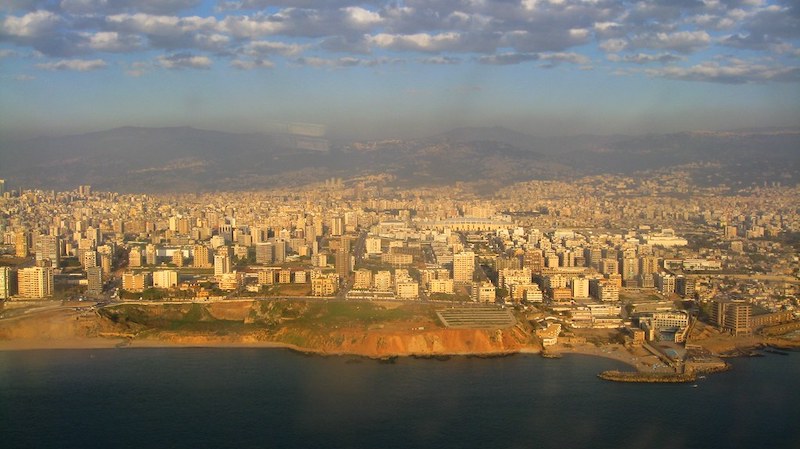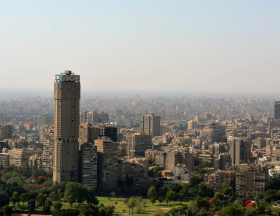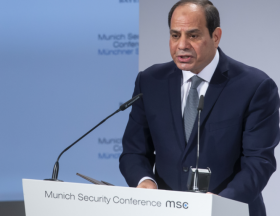The Lebanese banking system is one of the causes and one of the main victims of the economic and financial crisis that the country has been experiencing since 2019.
After the civil war, the banking sector had experienced an excessive development compared to the size of the economy, with a balance sheet of commercial banks representing approximately 5 times the Lebanese GDP and a strong dollarization (balance sheets at 70% dollarized).
Banks, too exposed to public risks and dependent on liquidity in foreign currencies, have lost the confidence of agents in their solvency, leading to a blockage of foreign currency withdrawals and a restriction of bank activities.
The Lebanese pound has since lost 98% of its value, and is experiencing great volatility on the parallel market. The dysfunctions of the banking system have resulted in the development of a cash economy, fueled by a very significant monetary creation. The context has also favored the gradual dollarization of the economy in which it is estimated that 70 to 80% of operations and transactions are now carried out in dollars.
In this context of paralysis of the banks, the country continues to operate via matching contributions and foreign currency transfers.
Since 2019, these transfers have mainly been made by companies that have been granted licenses by the Banque du Liban (BDL) to carry out transfers and foreign exchange transactions. Two of them occupy a prominent place in terms of market share: OMT and BOB (a structure belonging to the Bank of Beirut). The business model of transfer and exchange companies is based on a policy of high commissions and exchange fees, but the profitability of their activities is difficult to objectively assess. In addition, a system for daily fixing of the parallel exchange rate has been set up in an opaque and partially decentralized manner.
The large foreign exchange and transfer companies are taking advantage of the paralysis and shutdown of banking activity to expand their activities and diversify their service offerings, as a payment platform for public services (registration of vehicles, land registry records) or as a means of paying bills (telecoms or water). This substitution for the banking system is nevertheless partial and cannot, at this stage, replace it.
Legally, on the one hand, the BDL has always refused to grant these structures banking licenses, limiting itself to granting operating licenses on the foreign exchange market. Technically, on the other hand, several services offered by large foreign exchange and transfer companies must be backed by banks, particularly with regard to payment services or sight deposit services.
From an economic point of view and in a medium and long-term perspective, exchange or transfer companies can constitute alternative means of payment, but cannot ensure a role of financing the economy necessary for a restart. activity and growth. They cannot therefore be the vehicle for transforming savings into necessary medium and long-term investments.
By their nature, these organizations cannot either become structures of stores of value or deposits.
Source Embassy of France in Lebanon











Réagissez à cet article